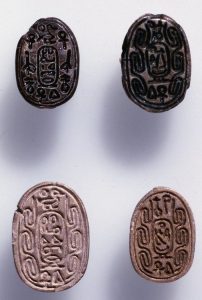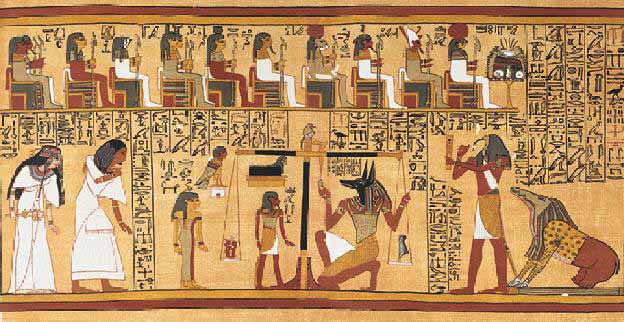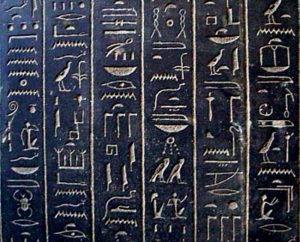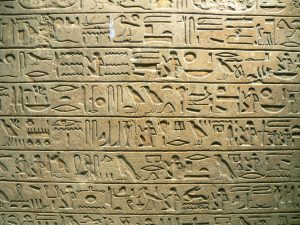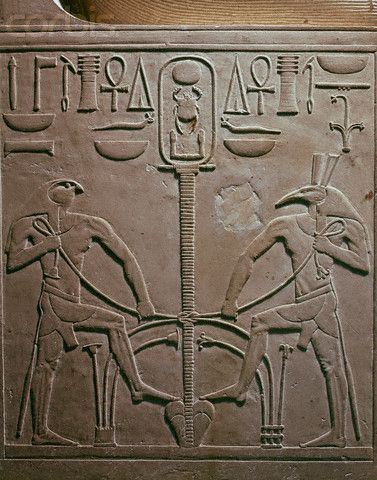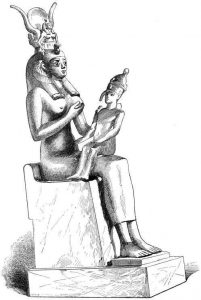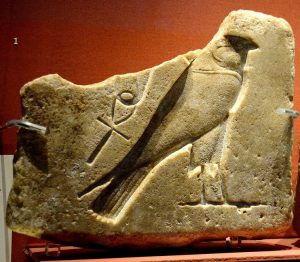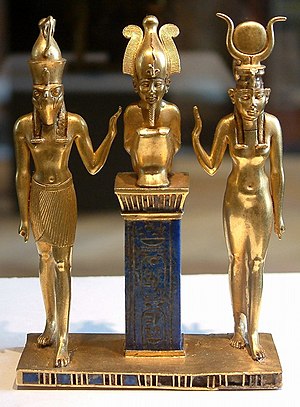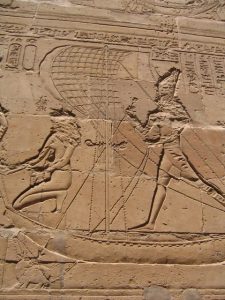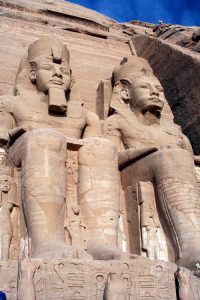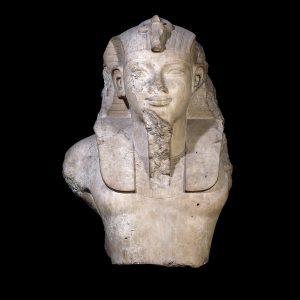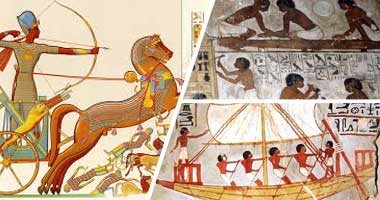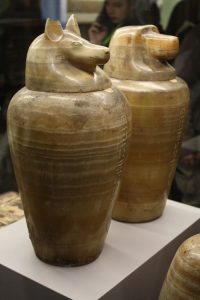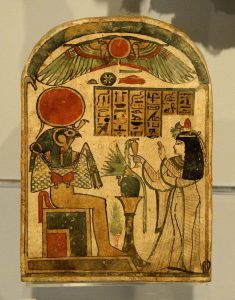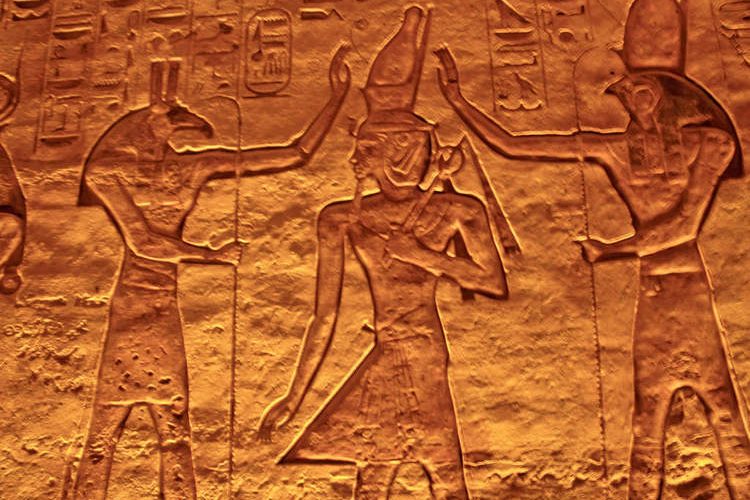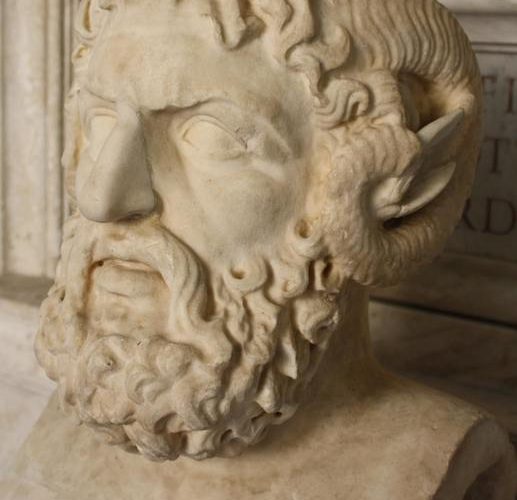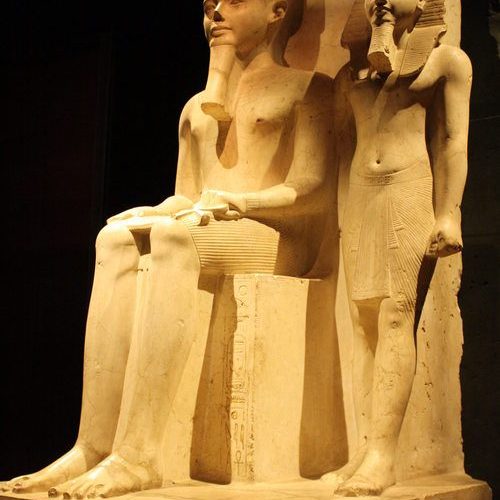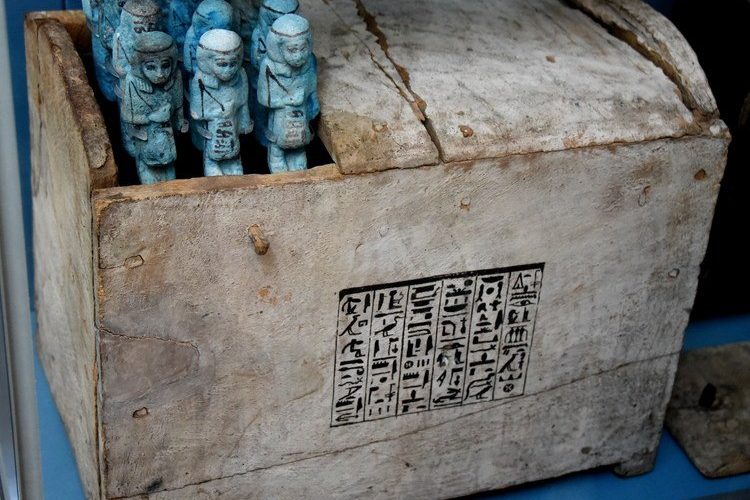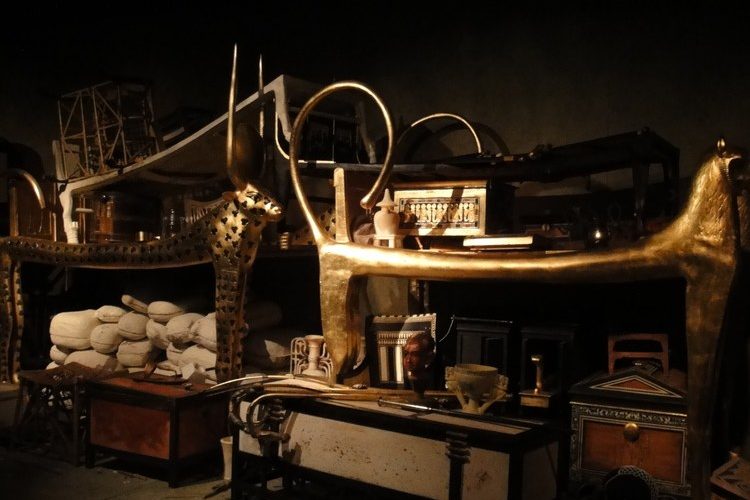Hyksos
The Hyksos were a Semitic people who gained a foothold in Egypt c. 1782 BCE at the city of Avaris in Lower Egypt, thus initiating the era known in Egyptian history as the Second Intermediate Period (c. 1782 – c. 1570 BCE). Their name, Heqau-khasut, translates as ‘Rulers of Foreign Lands’ (given by the Greeks as Hyksos), suggesting to some scholars that they were kings or nobility […]
Ancient Egyptian Literature
Ancient Egyptian literature comprises a wide array of narrative and poetic forms including inscriptions on tombs, stele, obelisks, and temples; myths, stories, and legends; religious writings; philosophical works; autobiographies; biographies; histories; poetry; hymns; personal essays; letters and court records. Although many of these forms are not usually defined as “literature” they are given that designation in Egyptian studies because […]
Horus & Jesus Controversy
The Cult of Horus in Egypt, as noted, was already ancient by the time the Osiris Myth became popular and that myth elevated the worship of Osiris, Isis and Horus to a national level. The Cult of Isis became so popular that worship of the goddess traveled through tradeto Greece and then to Rome where it became the […]
Horus & Isis
Isis endured a difficult pregnancy with exceptionally long labor and gave birth to Horus alone in the swamps of the Delta. She hid herself and her son from Set and his demons in the thickets, only going out at night for food accompanied by a bodyguard of seven scorpions who were given her by the […]
The Armies of the Empire of Egypt
The first standing army in Egypt was established by Amenemhat I (c. 1991-1962 BCE) of the 12th Dynasty in the Middle Kingdom. Prior to this time, the army was comprised of conscripts sent to the king by regional governors (called nomarchs) from their districts (nomes) who were often more loyal to their home-ruler and region than […]
Horus & the King
Having conquered Set and restored order, Horus became known as Horu-Sema-Tawy, The Horus, Uniter of the Two Lands. He reinstated the policies of his parents, rejuvenating the land, and ruled wisely. It is for this reason that kings of Egypt, from the First Dynastic Period on, aligned themselves with Horus and chose a “Horus Name” to […]
Amun
Amun (also Amon, Ammon, Amen) is the ancient Egyptian god of the sun and air. He is one of the most important gods of ancient Egypt who rose to prominence at Thebes at the beginning of the period of the New Kingdom (c.1570-1069 BCE). He is usually depicted as a bearded man wearing a headdress with a double plume or, after the New Kingdom, as […]
The Priests of Amun & Pharaoh Akhenaten
The kind of wealth King Ahmose I had at his command to enable him to build the elaborate barque for Amun would eventually appear miniscule when compared to the riches amassed by the priests of Amun at Thebes and elsewhere. By the time of Amenhotep III (1386-1353 BCE) the priests owned more land, had more cash on […]
Festivals in Ancient Egypt
The gods of the ancient Egyptians were always apparent to the people through natural events. The sunrise was Ra emerging from the underworld in his great ship, for example, and the moon was the god Khonsu traveling across the night sky. When a woman became pregnant, it was through the fertility encouraged by Bes or Tawaret, and […]
Grave Goods in Ancient Egypt
The concept of the afterlife changed in different eras of Egypt’s very long history, but for the most part, it was imagined as a paradise where one lived eternally. To the Egyptians, their country was the most perfect place which had been created by the gods for human happiness. The afterlife, therefore, was a mirror image […]


